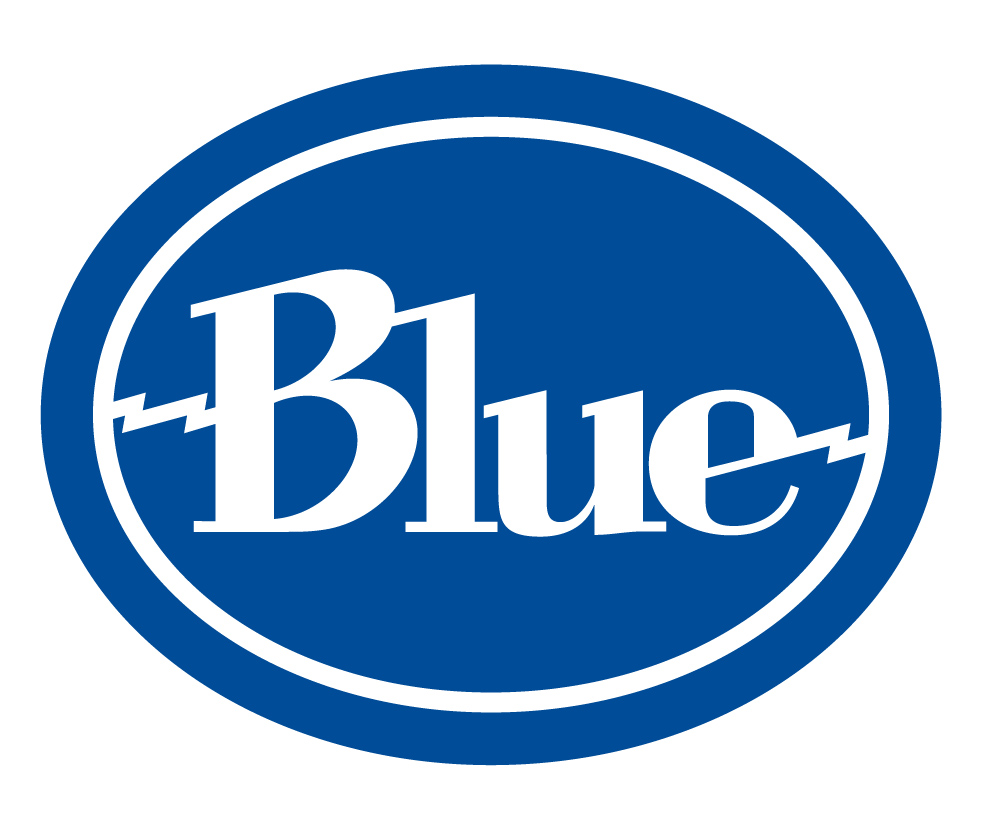#177 Blue’s Blues (in Germany)
Blue Microphones was founded in 1995 by American session musician Skipper Wise and Latvian recording engineer Mārtiņš Saulespurēns (the company’s name is actually an acronym for Baltic Latvian Universal Electronics). In 2006, Blue expanded from studio microphones into desktop USB consumer and prosumer creator microphones. Under new ownership and leadership in 2009 it grew swiftly and was ultimately acquired by Swiss-American electronics giant Logitech in 2018. In the early 2010s, Blue had established itself as the market leader for USB microphones in the United States and it sought to expand into international markets. Limited distribution was easily achieved through small, boutique channels, and in 2011 Blue entered the UK market, which saw sales increase steadily. Based on the success in the UK, the company started to eye other international markets for a more targeted market entry. With more than 80 million population, stable economic growth, steady increases in computer accessory sales, and its central location, Germany seemed to emerge as a bright spot in Europe.
Therefore, in 2013, Blue seemed to have found the ideal partner – Apple Stores. However, at the time, Apple Stores were still rare and limited to a few locations such as Frankfurt, London, and Paris, and most of Apple’s sales were through online channels. While being listed by Apple added allure to the brand and brought Blue to the attention of retailers, sales were lackluster and so the search for another way into the German market continued.
In 2016, Blue switched gears by deciding to try its luck with consumer electronics chain MediaMarkt, then part of German retail giant Metro AG. At the time, MediaMarkt (and its Saturn Brand) had more than 800 stores in 14 countries across Europe and approximately 22 billion Euro in sales. For Blue, it seemed to be a low-investment, risk-free, quick and scalable way to enter Europe. The reality was quite different. MediaMarkt didn’t have central purchasing and Blue therefore had to deal with dozens of buyers for individual stores. For Blue, this turned out to be challenging and inefficient, and Blue needed to change direction once again. This time the decision was to go with a large distributor whose power and relationships seemed perfect to get Blue in the door of major retailers. And three times indeed was a charm for Blue. The chosen distributor had several dozen manufacturer’s representatives who served their customers well and grew Blue’s sales steadily. Ultimately, with Logitech’s acquisition of Blue in 2018 things changed once again, but definitely for the better. Nowadays, Blue has access to Logitech’s online and brick and mortar distribution channels.
Blue’s journey was not atypical for a company of its size. Access to accurate information about true conditions in the market is often not easily accessible (or affordable), and so the learning happens incrementally as a matter of trial and error.
